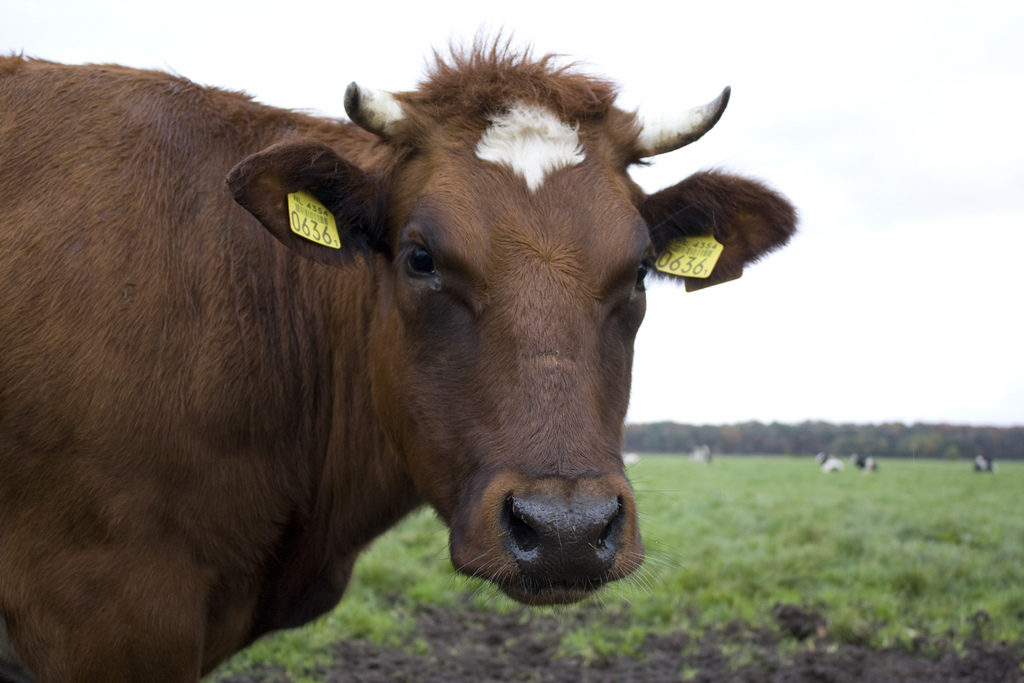
Antimicrobials are integral to current medicine, both veterinary and human, towards the treatment of zoonotic and infectious diseases. Unfortunately, inappropriate antimicrobial use (AMU) often renders them ineffective.
In order to maintain the well-being of both companion and food animals, all existing antimicrobial types, along with the development of new ones, need to be continuously accessible. This must be achieved with the concurrent introduction of official legislation and guidelines on the responsible use of antimicrobials.
Across the globe, medical doctors and veterinary practitioners share serious concerns over the public health implications from the misuse of antimicrobials and the development of antimicrobial resistance (AMR).
British Veterinary Association (BVA) has issued guidance on the responsible use of antimicrobials, which can be summarized in the phrase ‘Correct antimicrobial: as little as possible, as much as necessary’.
These concerns have resulted in a very elevated profile for AMR in the past couple of years, a fact expressly evident by the production of the Global Action Plan on Antimicrobial Resistance in 2015, developed by the World Health Organization (WHO) in collaboration with the World Organisation for Animal Health (OIE) and the UN Food and Agriculture Organisation (FAO), that will combat AMR through a one-health approach.
A year later, at the 71st General Assembly of the United Nations (UN), the focus remained on constructing an international agenda to manage AMR. April 2017 saw the World Veterinary Association (WVA) issuing its official position on the use of antimicrobials. The purpose of this initiative was to limit the prevalence and development of AMR from the misuse of antimicrobials. In a similar initiative, the British Veterinary Association (BVA) has issued guidance on the responsible use of antimicrobials, which can be summarized in the phrase ‘Correct antimicrobial: as little as possible, as much as necessary’.

In addition to the aforementioned events, BMC Microbiology and BMC Veterinary Research draw further motivation for the roll-out of this thematic series from the interaction with our authors and readers in recent conferences. More specifically, BMC Microbiology attended ASM Microbe 2017, where AMR was the single most central theme (read about our experience here). The environmental aspects of AMR, the absence of official legislation for appropriate antimicrobial use, along with ways by which the farm can affect hospitals were prominent themes amongst the discussions.
On the other hand, BMC Veterinary Research attended ARAE 2017, which is an important cornerstone in global AMR research allowing those working across different fields of AMR to come together to discuss and share ideas with an aim to mitigate the impact of resistance.
About the series
For the above reasons, we believe that there is no better time to roll out this long-awaited thematic series. Henceforth, BMC Veterinary Research and BMC Microbiology would like to invite you to submit to our new thematic series: ‘Veterinary Antimicrobial Resistance and Antimicrobial Use’.
The thematic series will review and feature robust veterinary microbiology research and will consider studies with a broad scope of antimicrobials, ranging from antiparasitics, antiviral, antibacterial, fungicides and phytobiotics and from diverse, domesticated vertebrate animal sources, including livestock, poultry and companion animals.
We welcome submissions on the drivers and mechanisms of AMR and its emergence and on the incentives/disincentives of AMU and knowledge in different production systems, and especially in food production. We will investigate the role of regulation and policies, the role of the farm environment and the animal attendants and the consequences of all of the above on public health.
Technical advances including molecular tools towards the construction of early warning systems and any other form of prevention, early diagnosis and treatment will be also considered. Review and Debate articles will also be considered, but are at the discretion of the Editors.
We believe that this topic is of importance to veterinary and medical practitioners, microbiologists and policy makers, and the published articles aspire to examine the current use of antimicrobials and their implications in animals and the environment. The articles will also endeavor upon the level of resistance to antimicrobials and their prominence in terms of animal and human health.
Please submit directly to BMC Veterinary Research or BMC Microbiology stating in your cover letter that you are targeting the ‘Veterinary Antimicrobial Resistance and Antimicrobial Use’ collection. Alternatively you can email your pre-submission queries to hayley.henderson@biomedcentral.com and cecilia.devoto@biomedcentral.com
The deadline for submission of manuscripts is 15th December 2018.
We look forward to hearing from you!
Comments